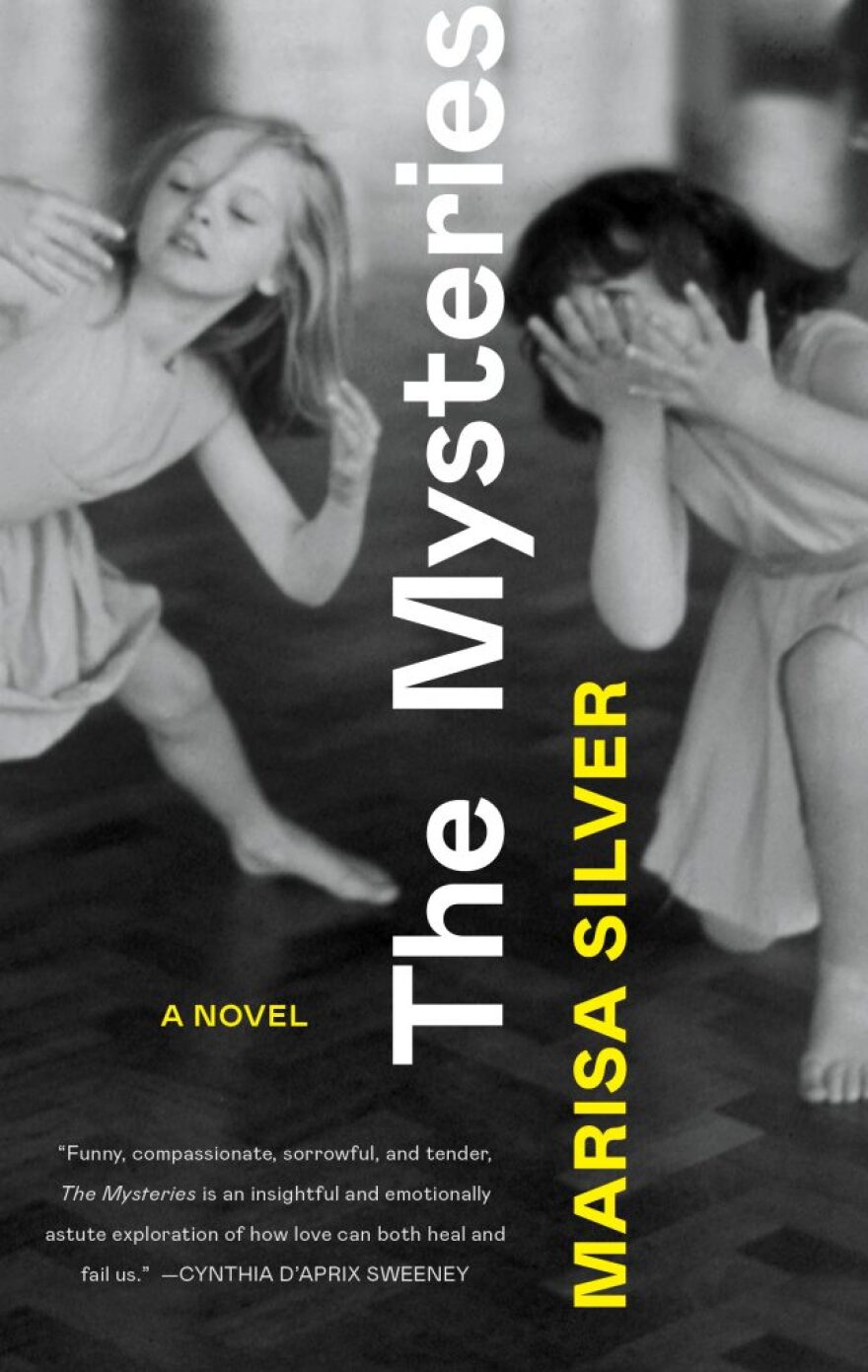Two little girls in 1973 St. Louis are at the heart of Marisa Silver’s latest novel, The Mysteries. Miggy is an unfiltered, imaginative kid who can’t be reigned in. Ellen is polite and cautious. She is also loyal to Miggy and her boisterousness. The parents of these girls are living in an unstable and tense time. There is a recession and Watergate simmers on newspaper front pages and televisions. These events add to festering, quiet tensions from these already complicated relationships.

Highlights of the Interview with Marisa Silver
About the character of "Miggy" and "Ellen"
She's a powerful, kinetic, charismatic girl who sort of is shaking her fist at all the limitations that are around her life. And for a 7-year-old, there are many, and she wants more than anything to break through them, to do and be more than she's capable of doing and being at her age. Ellen is more beautiful. She's more nervous, I think. But I think that the kind of kid that Miggy is is really appealing to a lot of kids, that she sort of is enacting something that they feel, but maybe aren't brave enough or don't have the wherewithal in their personalities to enact it. And those kinds of friends Miggy is, they're marvelous and they're a little bit dangerous, right? They sort of pull you into areas that your conscience might be telling you not to go. But I love the dynamic between the two girls, probably mostly because I think all relationships, all friendships, there is an element of power in them, child friendships and also adult friendships. And I think that one of the things I wanted to write about was how that power is established. And then as you say, how it begins to shift when Ellen begins to come into her own and what that does to Miggy and how it destabilizes, which leads to sort of a cataclysmic moment in the book.
On depicting friendship in the novel
Well, one thing about friendships, especially between young girls, is that to me, they're sort of testing out almost every emotion, that they are testing out emotions of passion and love and hate and rejection, and then reclaiming and all the kinds of emotions that they might enact later in their lives in more nuanced ways with friends or lovers, they kind of enact with each other. I mean, there's a kind of passionate quality to the relationship, especially between girls at that age that's almost shocking in its kind of complexity and its emotional complexity.
On the coming-of-age themes in the novel
It's also a coming-of-age for the parents, and it goes back a little to what you said in the beginning about the title of The Mysteries. It is a book about being confronted with the unanswerable questions in life. And what do you do with that when, when you're confronted with them? Do you try to answer them? Do you allow them to remain unanswered? I mean, there are not answerable; therefore, your attempt to answer them sometimes sends you in the wrong direction, but it's really a book about a moment in time for all these characters, where they're confronted with a host of these kinds of unanswerable questions, and how do they deal with that? How do they deal with trying to, as you say, understand fate or destiny or responsibility, or love?
TPR was founded by and is supported by our community. If you value our commitment to the highest standards of responsible journalism and are able to do so, please consider making your gift of support today.



